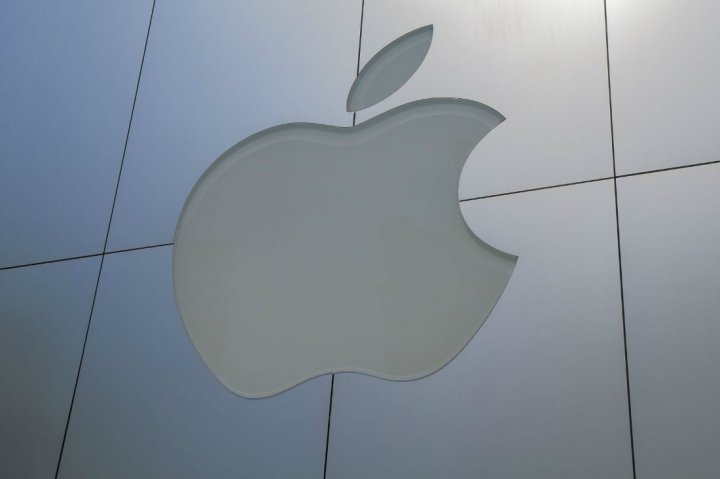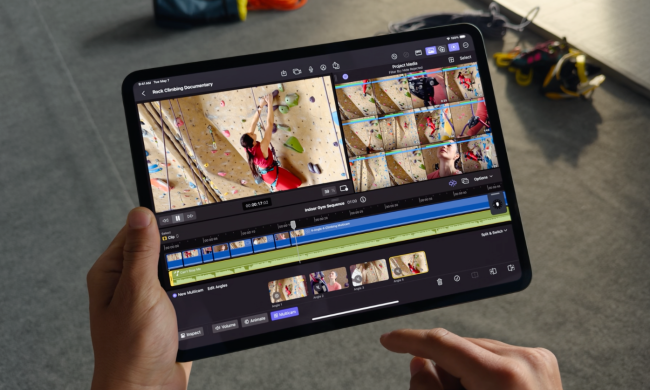
In case you’ve never heard of it, F.lux is a program for Windows, Mac, iPhone, iPad, and Linux that controls screen brightness and color, changing it gradually throughout the day. Enter what kind of lighting you have, and the program changes your screen to match the room. The app keeps you from being blinded in the morning or late night by your device’s bright screen. According to scientists, a dimmer screen emitting less blue light is better for your eyes — especially before bed.
In part because of its health benefits and all the recent news that warns against using devices before bed, F.lux has done really well. The desktop version has more than 15 million downloads, and the sideloaded iOS version was picking up steam — until Apple banned it.
“He kept repeating the party line that we should make apps that could use Public APIs.”
The sudden change caught F.lux developers off guard since the program has been widely popular and they haven’t had any complaints since Apple opened iPhones and iPads to apps outside the App Store months ago. In June, Apple changed its stance from previous years to allow users to sideload apps with its Xcode developer tool. The makers of F.lux took advantage of the new policy.
As Re/code has it, Michael Herf, one of F.lux’s founders, said, “The last six months of ‘sideload’ press – which Apple didn’t try to stop – had convinced us that Apple would be receptive to an approach like this.” Other than a little update from Apple in September, everything appeared to be fine as far as generally allowing sideloading — until now.
Suddenly, Apple seems “to disagree,” and has put the kibosh on F.lux, informing Michael that he and his team “were not authorized to use the iOS SDK or Xcode for the purpose we did,” Michael said, adding he was told that, “we could not distribute F.lux as we did.”
When Michael asked Richard Chipman, the Apple Rep about other cases that are similar to F.lux, he was evasive. “I asked him about open source used in a similar way, and he did not answer clearly, but he kept repeating the party line that we should make apps that could use Public APIs.”
By comparison, Android doesn’t require tools to sideload apps or have such strict developer limits on APIs. Why, then, does Apple? Some have suggested it’s because Apple doesn’t like anyone messing with the look of the iPhone beyond what it explicitly allows or that the limitations are intended to keep iOS secure.
Others suggest that Apple wants to take over F.lux’s game. The company cites research claiming the changes F.lux makes to your screen lighting are better for your health, and Apple is stepping further into the health tech arena. If Apple were including its own F.lux-like option in an upcoming iOS update — or as Erica Joy tweeted, a Night Mode — it wouldn’t want any competition. That way, Apple would no doubt boast about its revolutionary new screen tech, and thus removing F.lux from the picture.
Of course this is all speculation, at the moment. So far, Apple hasn’t commented on the situation.


